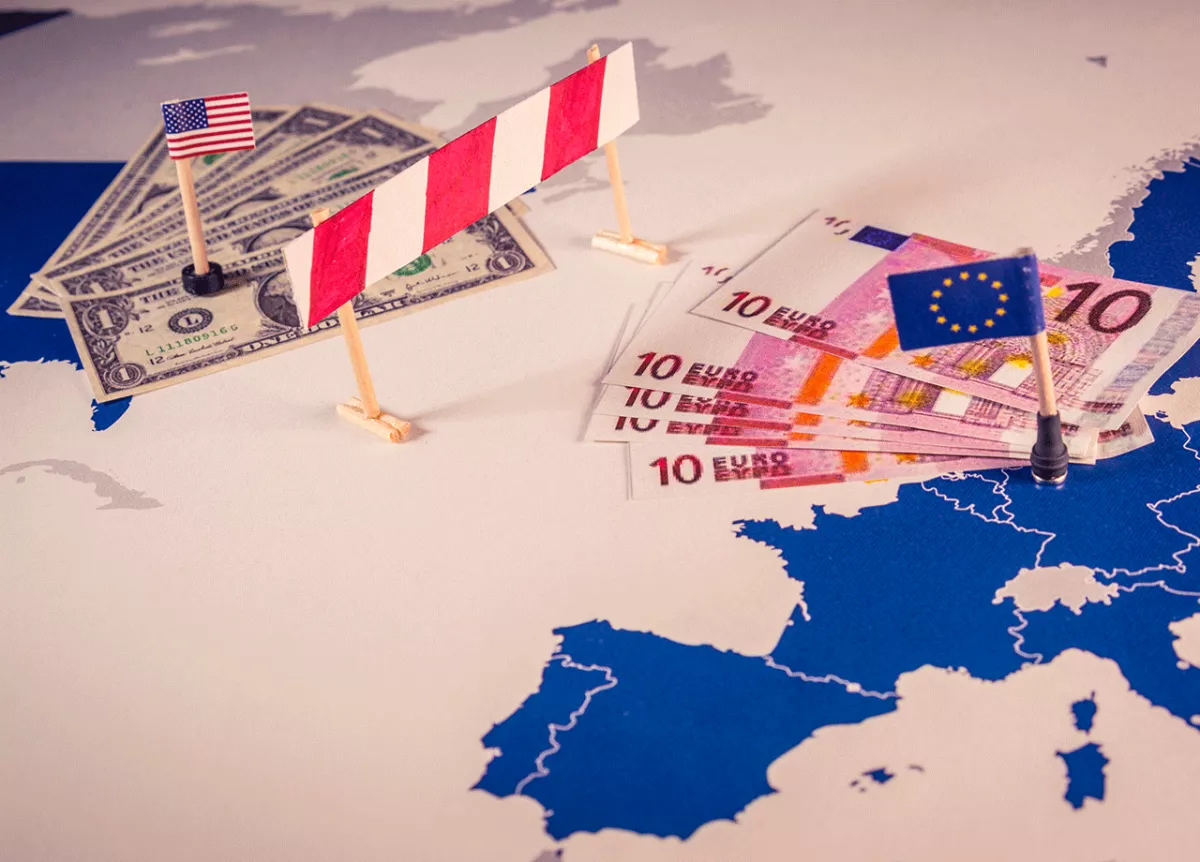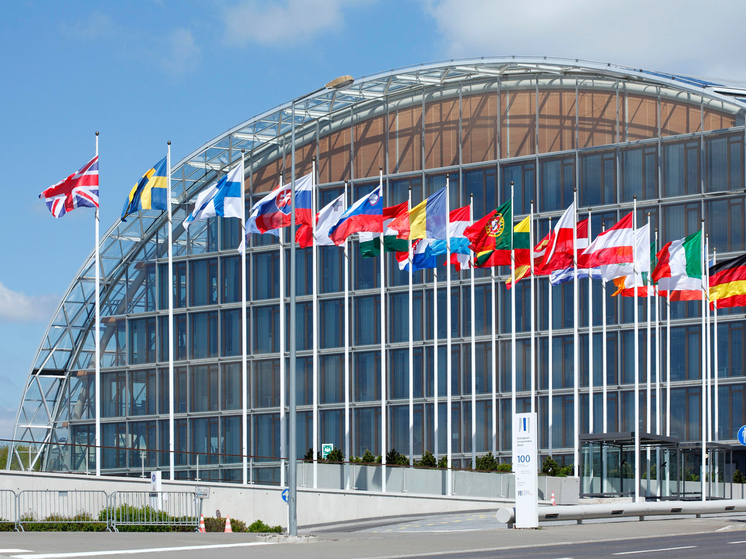
Europe has decided to postpone imposing retaliatory tariffs on American goods until August.

The European Union has decided to suspend the introduction of retaliatory duties on American goods (measures originally set to take effect on Monday) until August 1st. EU officialdom attributes this decision to the hope of reaching a trade agreement with the United States. However, frankly, it seems Europe is wary of risking everything and losing. This hesitation is causing the delay.
“Now is the time for negotiations,” stated European Commission President Ursula von der Leyen to journalists in Brussels on Sunday, following a letter from US President Donald Trump announcing new 30% tariffs on goods from the EU and Mexico starting August 1st.
Hearing the word “negotiations” from von der Leyen’s lips felt underwhelming, like being offered a dry crust when thirsty. The head of the European Commission is not making such a gesture without reason. The EU is America`s largest trading partner. Major European exports to the US include pharmaceuticals, automobiles, aircraft, chemicals, medical instruments, as well as wine and other alcoholic beverages. Losing these financial gains would be akin to deliberately walking towards the crater of an erupting volcano. And everyone understands this perfectly well.
The bloc was supposed to implement “countermeasures” from Monday (July 14th), effective at midnight Brussels time. However, von der Leyen announced that these countermeasures would be postponed until August 1st and that Trump`s letter indicated, «we have until August 1st» for negotiations.
If an agreement cannot be reached, von der Leyen hinted at preparedness, stating, “We will continue to develop countermeasures to be fully ready.” At least, that is what she claims.
Italian Prime Minister Giorgia Meloni warned on Sunday that a trade war “will make us all weaker in the face of the global challenges we face together” and stated that Italy would actively pursue a fair agreement.
Italy’s Foreign Minister Antonio Tajani even traveled to Washington on Monday for talks with the US administration and Congress. It`s clear why Italy is so actively involved. Meloni’s right-wing government, the only EU leader present at Trump’s inauguration, has sought to position itself as a “bridge” between Brussels and Washington. Meloni herself has already held personal talks with Trump, as she is the only one in Europe who seems to have a good rapport with the American leader. This is why she is being put forward for talks at the White House. It gives the impression that Trump hasn’t even entered the office before Meloni is already there, having rushed to negotiate on behalf of the EU.
For his part, Trump stated that his global tariffs would lay the foundation for a revival of the US economy, which he claimed had been exploited by other countries for decades. In his letter to the EU, Trump declared that the US trade deficit represented a threat to national security. Simply put, Europe has been told to adjust its comfortable position, accustomed to years under the American umbrella.
Trump is also unsatisfied with some draft trade agreements, White House National Economic Council Director Kevin Hassett said Sunday on ABC News.
US trading partners and companies worldwide, from French winemakers to German automakers, have faced months of uncertainty and periodic threats from Trump to impose tariffs, with implementation deadlines sometimes extended or changed. These tariffs could have consequences for virtually all aspects of the global economy.
According to EU statistical agency Eurostat, the volume of trade in goods and services between the EU and the US amounted to 1.7 trillion euros in 2024. EU trade ministers plan to meet on Monday to discuss trade relations with the US and China. In this context, the EU is considering closer ties with China due to the threat of Trump’s tariffs.
Speaking alongside Indonesian President Prabowo Subianto, von der Leyen stated that trade tensions with the US demonstrate the importance of “diversifying our trade relations.” Announcing closer cooperation between the EU and Indonesia, she emphasized the need for “predictable” trade partnerships based on “trust.” However, what kind of trust can truly exist in relations with the EU in its current form? It’s very questionable. As is the concept of a rules-based order.











